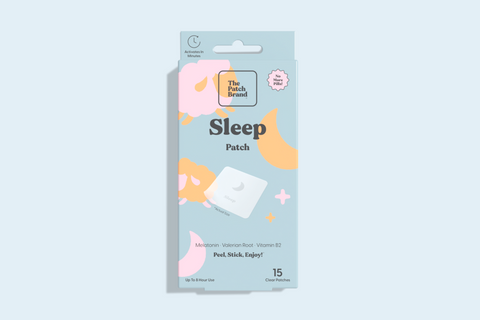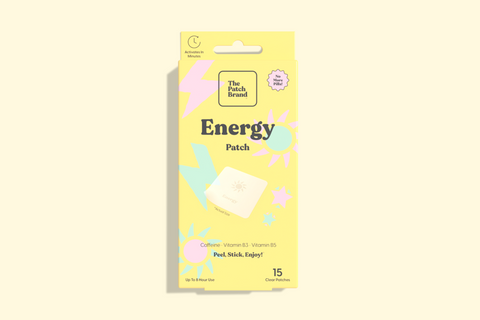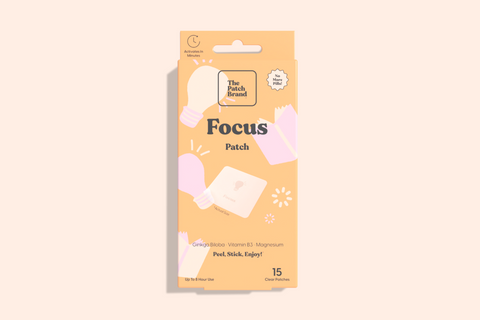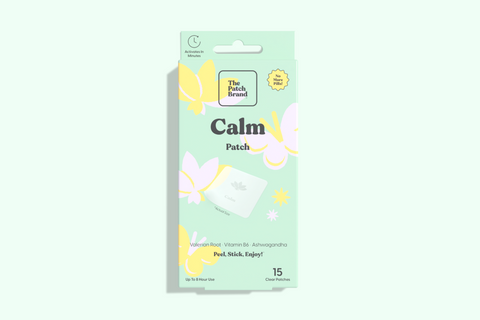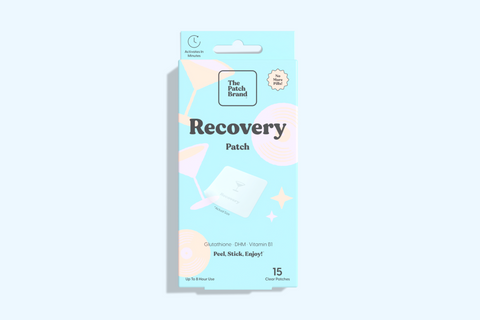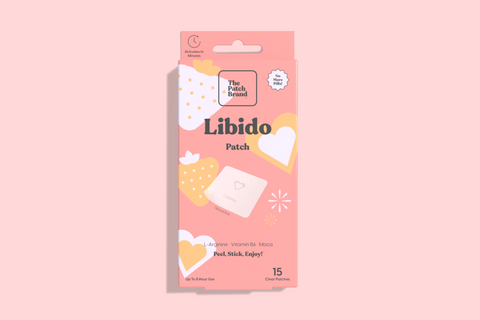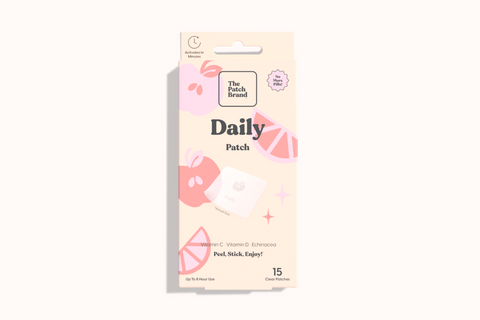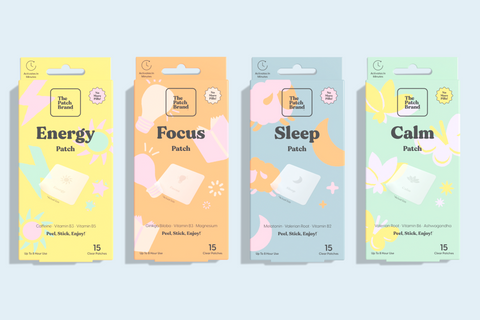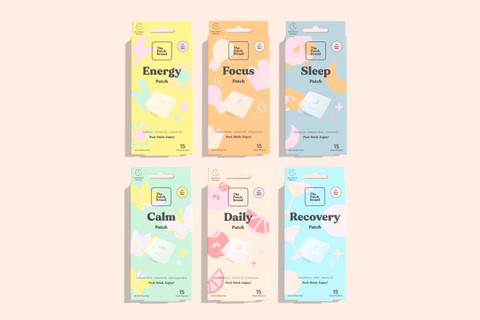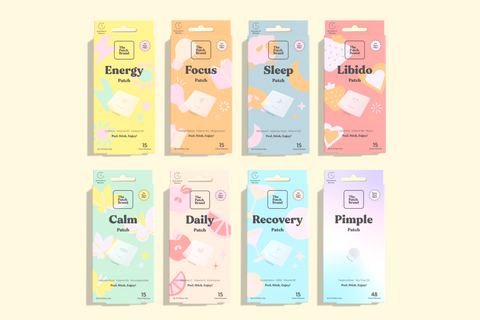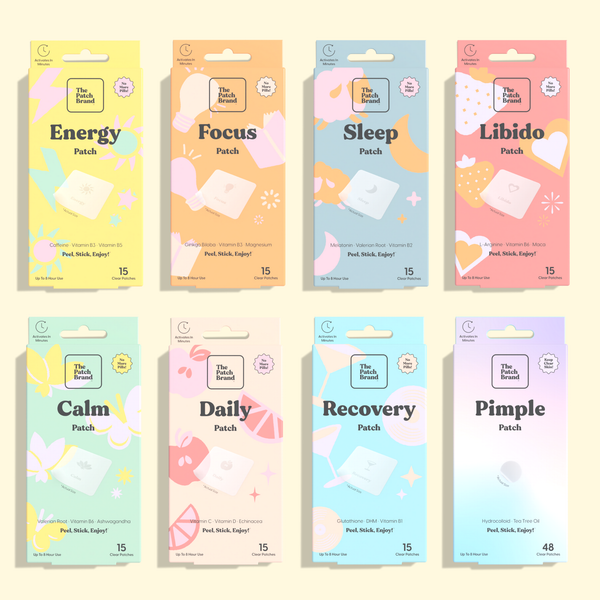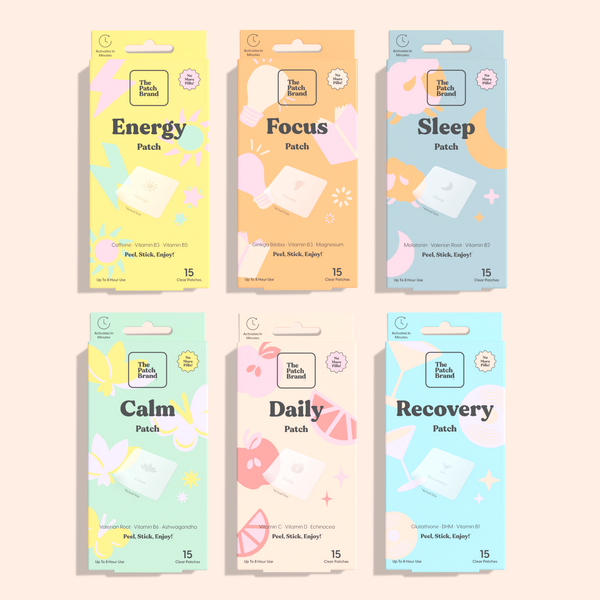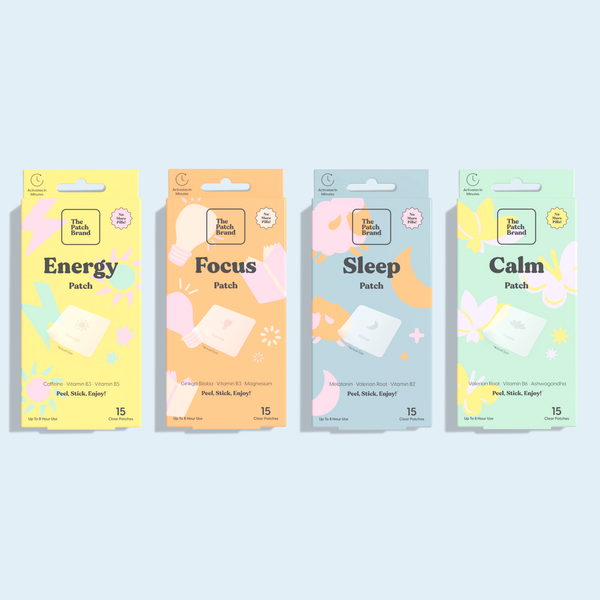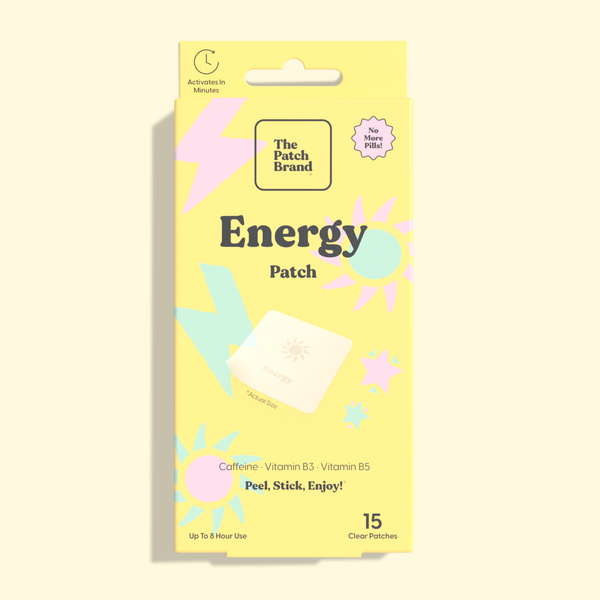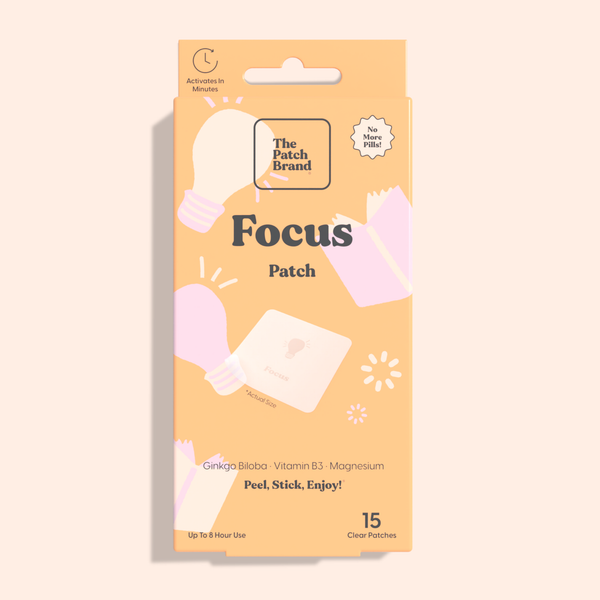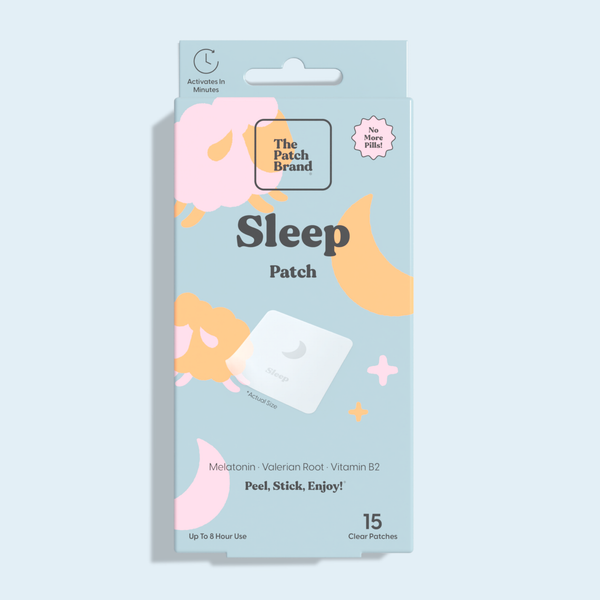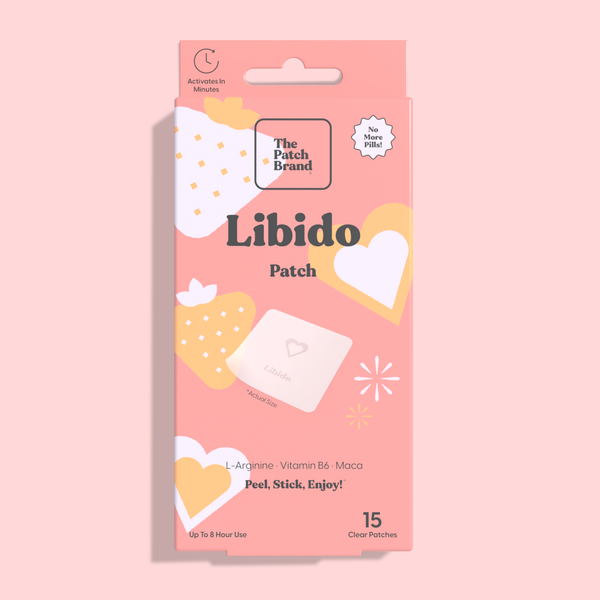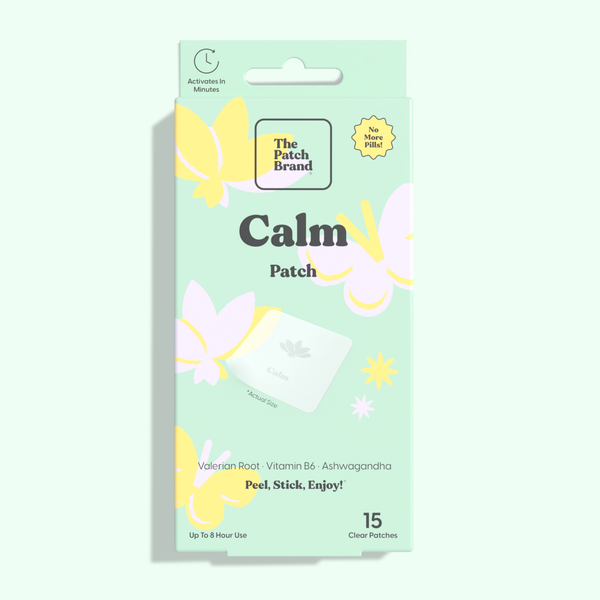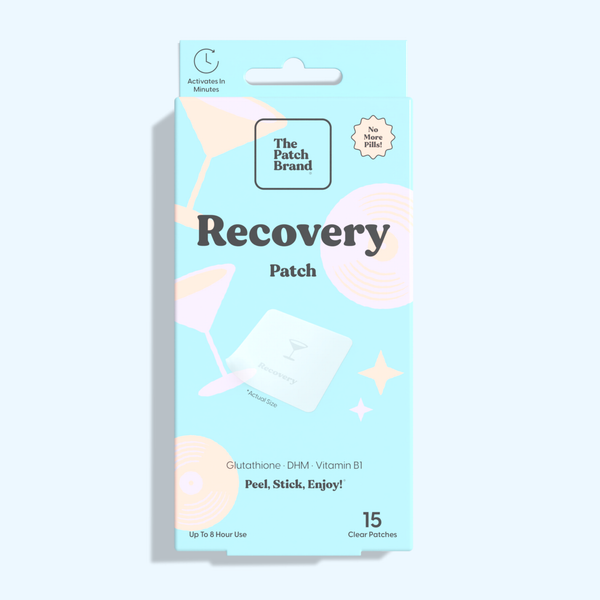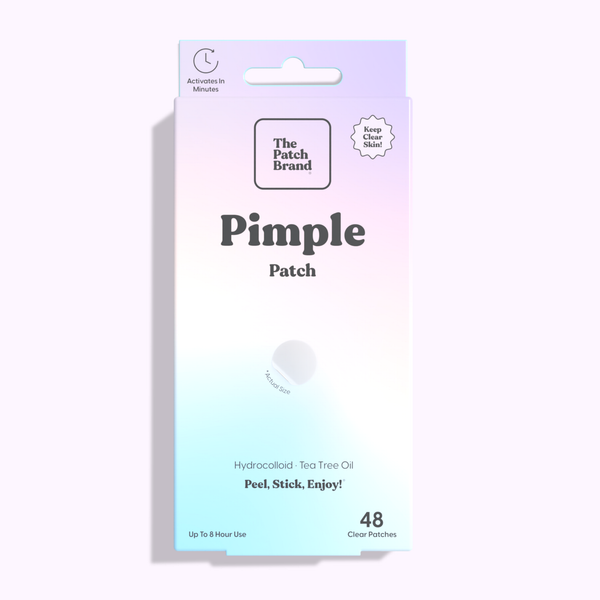Valerian is a perennial plant that has had used in natural medicine as far back as ancient Greece and Rome. It grows wild in many places across the globe, including the United States and Canada, but it is native to Asia and Europe.
Though commonly known as valerian, the herb is also referred to by other names:
- All-heal
- Baldrian
- Amantilla
- Setwall
- Tagar
The valerian can grow quite large, as tall as six feet. The flowers of the valerian plants have a lovely smell, but its root, the part of it used in medicine, has a strong, unpleasant odor.
There are many different active compounds within valerian root:
- Alkaloids: neutral amino acid derivatives with physiologic activity
- Gamma-aminobutyric Acid (GABA): neurotransmitters
- Isovaleric Acid: An amino acid that inhibits neurotransmitters in the brain.
- Flavanones: Hydrocarbons that have tumor reduction and anti-inflammatory properties
- Sequiterpenes: Support elements necessary to the body and promotes cardiovascular health
The roots of the herb, along with the horizontal and underground stems, are currently used as dietary supplements, stress relief vitamins, and sleeping vitamins, as well as tinctures and teas. There are many different uses for the plant, but it is well known for its use as a sedative.
How Does it Work?
There has been research into how valerian works in the body. Studies suggest that compounds in valerian, called valernal and valeric acid, act on gamma-aminobutyric acid (GABA) receptors. GABA is one of the main neurotransmitters for sleep regulation, and an increase in GABA levels in the body can have a sedative effect.
Valerian compounds can interact with GABA receptors and increase the amount in the central nervous system, and these compounds can also limit an enzyme that destroys GABA.
Some research suggests that compounds in valerian might also have interactions with other neurotransmitters, like serotonin and adenosine, which have roles in regulating sleep and mood. And though research on this particular fact is limited, some research exists that suggests that the compounds that give valerian its characteristic smell may have anti-anxiety effects on the body.
Benefits
Through research and studies, valerian root has been shown to have many positive health benefits. While there is a long list of Health benefits available, we've identified the ones with the most research backing them.
Anxiety and Stress
Anxiety and stress affect many adults on a regular basis, and the two are closely linked; stress can lead to anxiety. Because of research, it is thought that valerian compounds interact with specific neurotransmitters, like the GABA transmitter. The GABA are receptors that interact with gamma-aminobutyric acid, which can affect the central nervous system. GABA is naturally within the valerian root, so its consumption reacts with the central nervous system to calm and balance the body, relieving stress and anxiety.
Valerian can be taken with other stress vitamins, and valerian is one of the best vitamins for stress.
Sleep
Valerian root is most known for being a remedy for sleep problems such as insomnia. Research suggests that usage of valerian root can help in reducing the time to fall asleep, as well as improve sleep quality.
Getting enough sleep is essential for maintaining normal bodily function. The adrenal glands are responsible for producing cortisol, which levels are the lowest when the body is asleep. It is very important for the body's circadian rhythm to be balanced so that the body can release cortisol at the right times.
There are vitamins for sleep available, and some of the best vitamin brands include valerian root.
Menopause
A study conducted with women going through menopause reported that the Valerian capsules, which were taken three times a day for eight weeks, reduced both the severity and frequency of their hot flashes.
Menstruation
Valerian root may be beneficial for those who experience PMS or painful menstruation. Research on valerian root and its effects on menstruation has found that the consumption of the herb improved the emotional, physical, and behavioral symptoms of PMS.
Restless Leg Syndrome
Restless leg syndrome, better known as RLS, is a well-known neurological disorder. The disorder causes tingling and unpleasant sensations in the legs, giving the individual the strong urge to move them. For many sufferers of RLS, the urge is worst when they're trying to sleep. It interferes with sleep and causes daytime sleepiness.
In a study with individuals with RLS, trials found that taking 800 mg of valerian a day improved their symptoms and decreased their daytime sleepiness.
How to Take
Valerian root is available in different forms, such as a pill, powder, and liquid. Tea can also be made from dried valerian root, and the root can also be found in some vitamin patches.
While there is no set dosage, most forms will have the dosage included on their labeling. To make tea, the general rule is to add two to three grams of the dried valerian root to a cup of hot water to steep and remove afterward.



